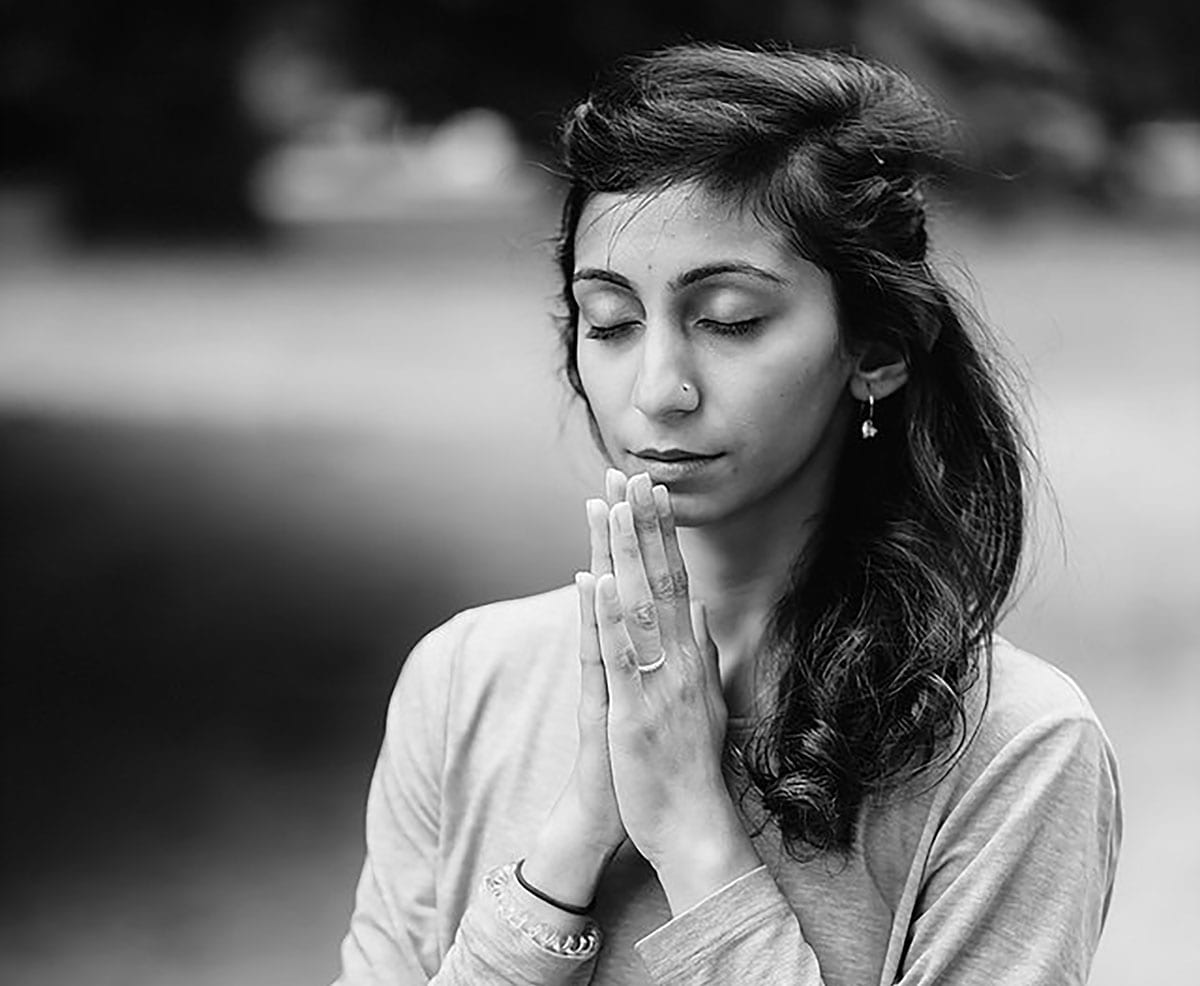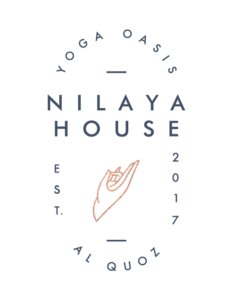I have had anxiety for a large part of my life, however only recently have I managed to understand what helps and what doesn’t. This does not mean every day is anxiety free. Constant mental health management can be exhausting, and I am still learning to accept that some days are likely to be far from perfect, and that’s perfectly fine too.
The following are some of the ways that have helped me manage my anxiety over the years. By ‘manage’ I mean have more better days than worse and also help reduce the number of times my anxiety has spilled over into a panic attack. The list is not in any order nor is it an exhaustive one. Since solutions are not always a one size fits all – it’s always best to try a few things at a time and see what works best.
Seek help:
This could mean either of the below:
Confiding in an understanding friend or partner: It’s important to tell someone you trust about how you have been feeling. Acknowledging our struggles internally is moving us into the right direction – speaking about them externally is the first major stepping stone. We’re not always the best judge of things and perhaps a confidant is able to listen, help with some advice – or perhaps even direct us to professional help.
See a specialist. It can be daunting to allow a stranger into the deepest depths of our mind – and in Dubai, this can also prove to be an expensive venture. However, a few sessions can help with gaining perspective and taking the necessary steps to a healthier mindset. Everyone needs assistance from time to time, and therapists and psychologists are professional experts dedicated to this field– perfectly equipped to help one get better.
Create a routine:
Not everyone enjoys doing the same thing over and over again – however, I’ve always craved for structure and organization. Having a routine and sticking to it has been essential in reducing my anxiety levels. I already know how the day is planned, what I need to do and how it could likely pan out. Of course, things change, and life is unpredictable – but for day to day management – a routine has been key.
This was easier to manage when I had an office job, since my hours of work and play were already set for me. Sticking to routine has been challenging since I now work on my own. When there is no one holding you accountable, it can be easy to slip into a state of ‘tomorrow’ and ‘later’. Trying and trying again is the only way I’ve had some success – a routine can easy to create, but tricky to follow. The more I work on it though, the more success I have with this.
Write about how you feel:
I have always written things down. As a young girl, there was always a diary – as a teenager, a secret blog, and even now I have a journal along with a multitude of draft emails with words and words of my thoughts. Writing is my creative outlet – words are the way I am able to express myself best. Letting the thoughts out of my mind and onto a piece of paper is easy and accessible therapy. Our minds are always racing, constantly trying not to forget important tasks, carrying several good and bad memories and worrying about the future. Add anxiety to that – it’s pretty much a hurricane in there. Once I have written my thoughts and feelings down, I always feel lighter and less anxious. Understanding the madness in your mind is also easier done this way. I am able to rationalize and perhaps even shift perspective. Don’t worry about not being good with words, no one needs to read it. Begin with a few lines and see how it goes.
Spend less time on social media:
Do something you love instead! This is more about picking up a hobby you enjoy (or enjoyed in the past). It’s always been reading for me. I was an avid reader – books were my most important and favourite possessions. The last few years though, reading took a backseat. With the stress of work, a lot of life changes and of course – super addictive social media made, it was much easier to take in content scrolling through a screen, rather than having to read a book.
Everything in moderation is just fine – including social media. But when you’re on your phone for hours or grab it at every opportunity is when it can be problematic. I have found myself on my phone for hours, with my mind numb but my thumb still scrolling. On social media, other people have very interesting lives. Everyone seems so much happier and healthier. This is of course all untrue and the faster we realize that, the better for our (mental) health. I could feel the stagnation of my brain. I was not learning anything, not enjoying – and more importantly, I was feeling horrible and insecure after looking at everyone else’s instagrammable lives and bodies and jobs. It was hard to let the phone go and pick up a book, especially since social media is designed to keep you sucked in. However, once I finally began to read again – I wanted to read more often. This translated into less time on social media. It’s important to start slow and steady, new habits or hobbies need to be nurtured and intentions need to be followed though.
Go outdoors:
We all know sunshine, fresh air and nature are good for us. Yet – we can tend to spend most of our time indoors, especially since we live in Dubai. When the temperatures are scorching outdoors, we’re all scurrying for indoors. During the oven hot months, I can get quite miserable. I’ve learnt though, that spending time next to a window in sunshine is still better than being in the dark. Some days, early mornings might still be manageable, so I’ve often tried get at least a few minutes in the fresh morning air, before hopping into my car.
For the other 6 months for when the weather is lovely here – I do my best to spend as much time outside as possible. Sitting in balconies, going for walks and weekend beach days to soak in as much sunshine as possible. The sound of the soft sea waves also have a calming effect. Dubai doesn’t have a lot of nature, but there are plenty of beaches and parks to still help connect with mother earth. The sound of the water is also relaxing. Overall, being outdoors feels wonderful and blissful. This has to do with sunshine and nature helping to reduce our cortisol levels – our bodies stress hormone. Anxiety is constantly stirring this bad boy up – a little lay on the beach or a walk in the park never fails to help.
Eat better, move more:
This is super cliché and I even hesitated to write this. It’s pretty much common sense by now. What we eat and how we move (or not move) our bodies have a direct impact on the wellbeing of our mind. If we’re constantly feeling bloated, exhausted, achy or short on breath – then it’s going to be harder to feel less anxious and relaxed. I’m not a nutritionist – and not always the healthiest eater either. But it doesn’t take rocket science to understand that when I eat healthier, do my yoga practice and in general take care of my body in terms of movement and diet – I am always feeling happier and much more in control of my thoughts and my emotions. All about those endorphins! Not every change needs to be sudden, start slow, small – and simple
Yoga (surprise, surprise!) has been at the root of helping me live a healthier and better life. I am yoga student, a yoga teacher – and a firm believer in the power of this practice. Yoga has been essential in my life – for my mental health and overall well-being. I love it so dearly, thus a few words won’t be enough, it deserves a dedicated blog 🙂
Give gratitude:
I preach this excessively now! To anyone who listens. Gratitude is the easiest route to feeling good. To feeling happy.
Growing up, my mother always taught me the importance of being grateful. She always said that no matter how bad it got – some people always have it worse. Even though a value such as gratitude is taught as a child, it is easy to forget if not practiced often – or perhaps daily. When looking into ways of building a more positive mindset, I came across gratitude and the importance of being grateful over and over. I read this advice in books and articles, heard it from my therapist – and of course from my mother.
I started to write down the things I am grateful for every day. Even though some of the same things were repeated each day – I always felt wonderful after. After a while, I began to incorporate my gratitude work into my meditation practice. Thinking about all the people and things I am grateful to have in my life, picturing them. You can literally feel your heart swell with love. Or at least I did! The list of gratitude does not need to extensive, a few things can make all the difference.
Recognize your triggers:
This one is perhaps the hardest ones to do for someone who goes through any form of mental health issues. Initially, I could never tell when anxiety would suddenly surge, and I would already be in an uncontrollable state of panic and breathlessness. Over time though, I’m now able to understand which situations (or people …) can cause unnecessary amounts of stress and thus lead to high levels of anxiety. This does not mean I’m an expert on my own anxiety – triggers can be new and unfounded. But now that I understand which external factors play a role, I am better able to handle myself.
I first avoided such situations – mostly because I knew when I cross 5 (on a scale of 1 – 10 in terms of anxiety) there’s no going back. But since life is such, and avoidance is not a solution, I took steps to make sure I wouldn’t cross that 5 on my anxiety scale. Preparing myself mentally, rationalizing my thoughts and taking deep steady breaths are some of the ways I keep anxiety in check. If you know me – you know I’m still a big avoider – and a lot of situations make me very uncomfortable, nervous and extremely anxious. Every time I’m able to get through a tricky situation though, I know there was growth. I know I was in control – and that next time would be mildly
easier.
Meditate:
No one even needs to google to know that meditation is essential for improving mental health. It has an array of benefits, yet such few of us actually do it! I agree on it being hard – at first though.
It’s easy to think meditating is easier. I mean you’ve just got to sit down, close your eyes and empty your mind? Meditation is a lot harder than we think it is. Shutting down my monkey mind is something that came after years of a yoga practice – where I had already done a lot of the work on turning inwards, connecting to my breath and focusing my mind. Even now, my meditation practice is always short because my thoughts are too erratic and too many.
We all start somewhere. If someone is completely new to meditation (like I was), I used an app to help me along the way. Headspace is a great guided meditation app that leads you through short 10-minute meditation sessions, that you can practice every day. The Breathing App by Eddie Stern is another meditation app that counts the length of your inhale and exhale to a timer you have set. It’s very easy to follow and you are able to choose for however long you wish your meditation session to be. There are also several guided meditations available on YouTube, and various meditation events and classes across Dubai. Even 5 minutes a day can help with mental clarity, reduce your stress – and of course, control the anxiety 🙂
In conclusion…
These are all the tools that have helped me alleviate my anxiety so far. I’m sure as the years go by and I learn more about anxiety, and how I react to it – I will also learn new coping strategies.
Everyone with a mental health condition deserves ample support, attention – and a master plan full of valuable ideas, so that we are all able to take the opportunities, create memorable experiences – and live our best lives.


